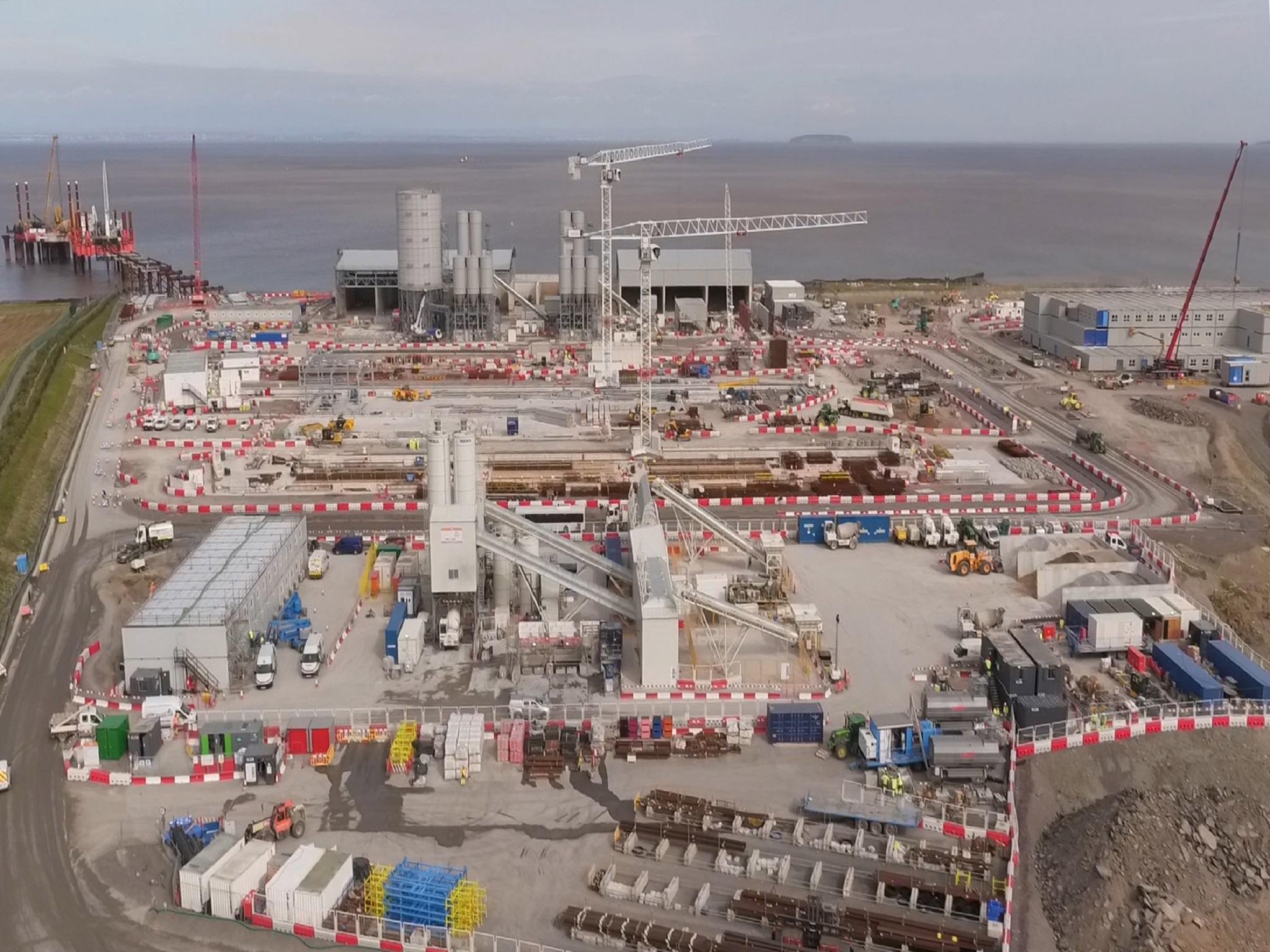UK construction activity picks up in November but Brexit uncertainty still damaging
The Purchasing Managers' Index rose to 53.1 in the month, up from 50.8 previously, with any reading above 50 consistent with growth

Construction activity picked up slightly in November although confidence among builders remained “subdued” due to Brexit-related uncertainty, according to the latest survey snapshot of the sector.
The Purchasing Managers’ Index rose to 53.1 in the month, up from 50.8, with any reading above 50 consistent with growth.
Activity in housing construction sector improved again.
But commercial construction was weak and civil engineering activity fell for the third successive month, the longest period of decline seen for over four years.
And IHS Markit, which compiles the survey, also said that the year-ahead outlook reported by firms was still among the weakest since mid-2013, with builders citing heightened political and economic uncertainty.
“Persistent Brexit uncertainty continues to bite,” said Duncan Brock of the the Chartered Institute of Procurement & Supply.
“Concerns over civil engineering in particular are also prevalent with its downward course the longest since 2013 and linked to a shortfall of new tender opportunities.”
A report jointly published by seven of the construction industry’s largest trade bodies warned last week that the decision to leave the EU had left the UK construction industry facing a “cliff edge” in terms of its access to EU workers.

According to the most recent data from the Office for National Statistics, the construction sector, which accounts for around 6 per cent of GDP, was in recession in the second and third quarters of 2017, with output contracting by 0.5 per cent in the three months to June and 0.9 per cent in the three months to September.
“With the UK government insisting, for now, that Britain eventually will leave the EU’s single market and customs union, firms likely will remain reluctant to commit to construction projects with long-time horizons,” said Samuel Tombs of Pantheon.
“We expect the construction sector to bump along the bottom as long as a hard Brexit is still one of the options on the table.”
In last month’s Budget, Chancellor Philip Hammond expanded the state’s own capital spending for 2018-19 and 2020-21 by £3.1bn and £3.2bn respectively. Some respondents to the latest PMI survey voiced hopes that forthcoming tender opportunities on energy and transport infrastructure programmes would help to support business activity.
Subscribe to Independent Premium to bookmark this article
Want to bookmark your favourite articles and stories to read or reference later? Start your Independent Premium subscription today.





Join our commenting forum
Join thought-provoking conversations, follow other Independent readers and see their replies
Comments